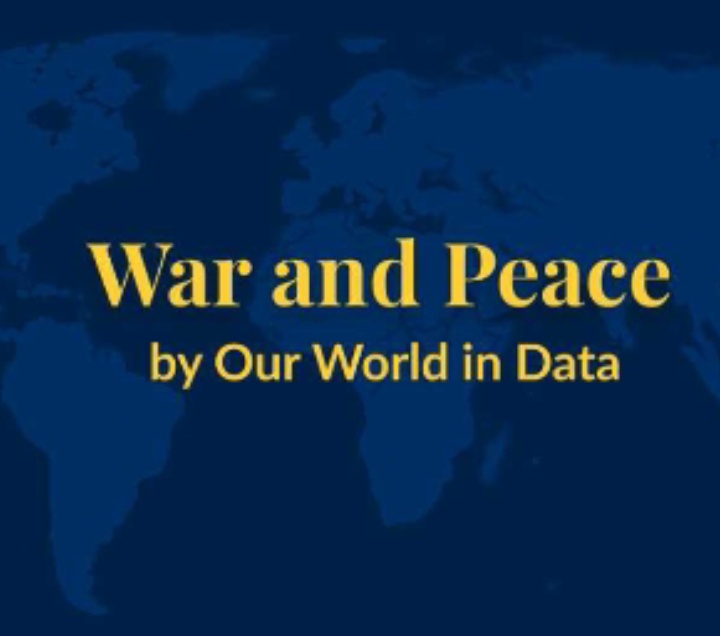Since 1800, more than 37 million people worldwide have died while actively fighting in wars.
The number would be much higher still if it also considered the civilians who died due to the fighting, the increased number of deaths from hunger and disease resulting from these conflicts, and the deaths in smaller conflicts that are not considered wars.1
Wars are also terrible in many other ways: they make people’s lives insecure, lower their living standards, destroy the environment, and, if fought between countries armed with nuclear weapons, can be an existential threat to humanity.
Looking at the news alone, it can be difficult to understand whether more or less people are dying as a result of war than in the past. One has to rely on statistics that are carefully collected so that they can be compared over time.
While every war is a tragedy, the data suggests that fewer people died in conflicts in recent decades than in most of the 20th century. Countries have also built more peaceful relations between and within them.
How many wars are avoided, and whether the trend of fewer deaths in them continues, is up to our own actions. Conflict deaths recently increased in the Middle East, Africa, and Europe, stressing that the future of these trends .
.


